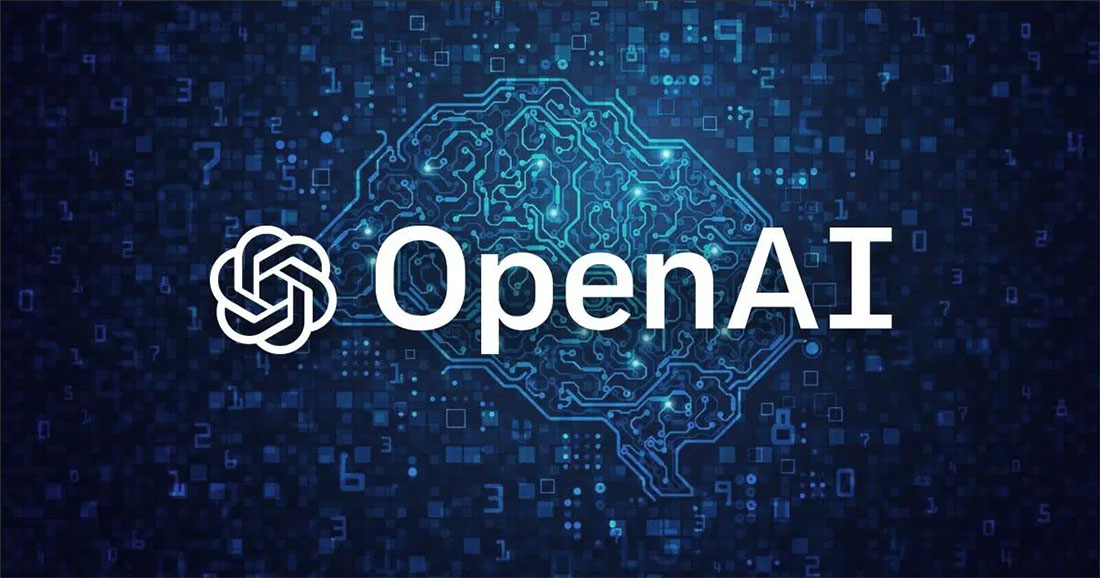
Photo Credit: Getty Images
About seven years ago, Intel, a titan of the computer age, had an opportunity that might have reshaped its fortunes in the AI era. In 2017 and 2018, Intel engaged in discussions with OpenAI, then a fledgling non-profit focused on generative artificial intelligence, about a potential investment.
The proposed deal included Intel acquiring a 15% stake for $1 billion and an additional 15% stake if Intel manufactured hardware for OpenAI at cost. However, Intel ultimately decided against the investment, a decision influenced by then-CEO Bob Swan's skepticism about the near-term market viability of generative AI models.
OpenAI sought Intel's investment to reduce its dependence on Nvidia's chips and build its own infrastructure. However, Intel's data center unit was unwilling to produce at cost, leading to the deal's collapse. This decision, not previously publicized, is now seen as a significant strategic misfortune for Intel, which has struggled to maintain its dominance in the AI era.
In contrast, OpenAI secured a pivotal investment from Microsoft in 2019. This propelled Microsoft to the forefront of AI innovation, culminating in the groundbreaking release of ChatGPT in 2022. Today, OpenAI is valued at approximately $80 billion, a testament to its monumental success.
Intel's reluctance to invest in OpenAI is emblematic of broader strategic challenges the company has faced. Once a leader in computer chip technology, Intel has stumbled in the AI market. Last week, Intel experienced its worst trading day since 1974, with its stock plummeting over 25% following disappointing second-quarter earnings. For the first time in three decades, Intel's market value has fallen below $100 billion.
The AI chip market is now dominated by Nvidia, with a market cap of $2.6 trillion, and AMD, valued at $218 billion. Nvidia, which pivoted from video game graphics to AI chips, has far outpaced Intel, whose CPU-centric approach failed to compete with Nvidia's efficient GPU architecture optimized for AI.
Despite these setbacks, Intel is attempting to reclaim its position. CEO Pat Gelsinger highlighted the company's upcoming third-generation Gaudi.
















